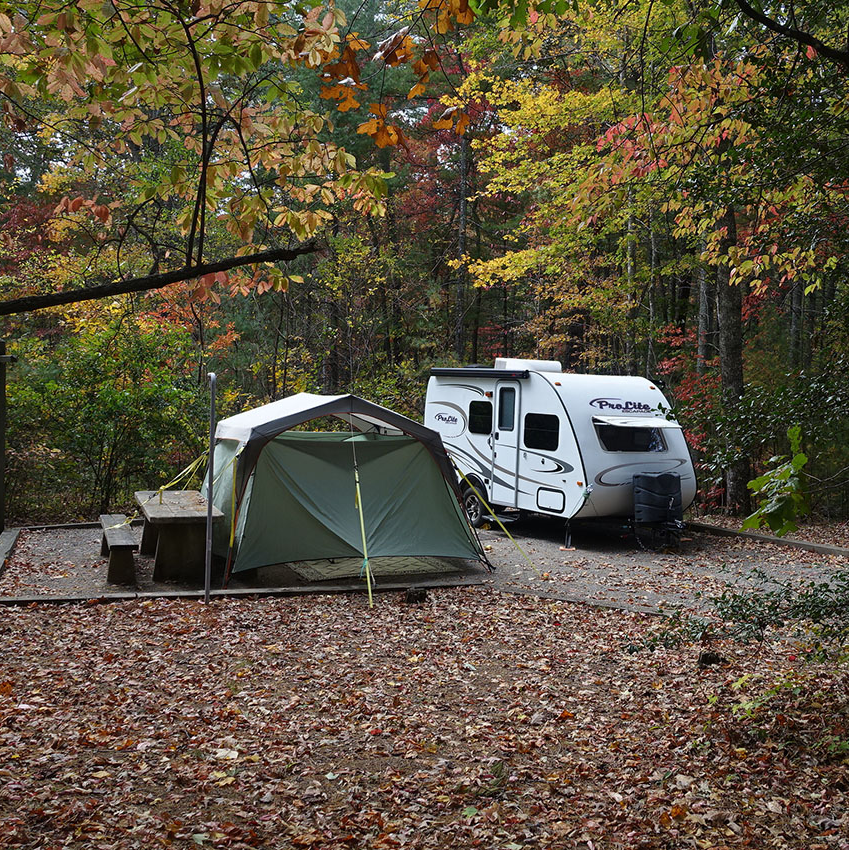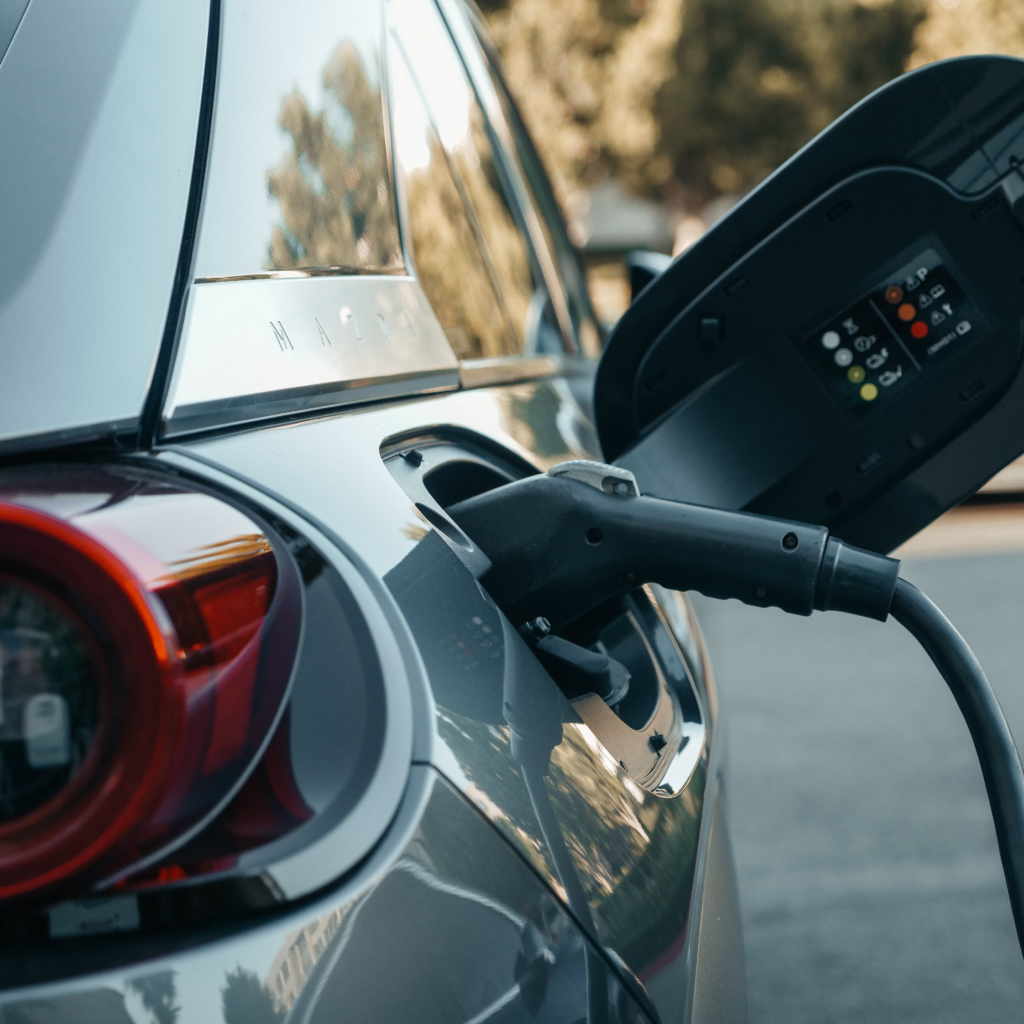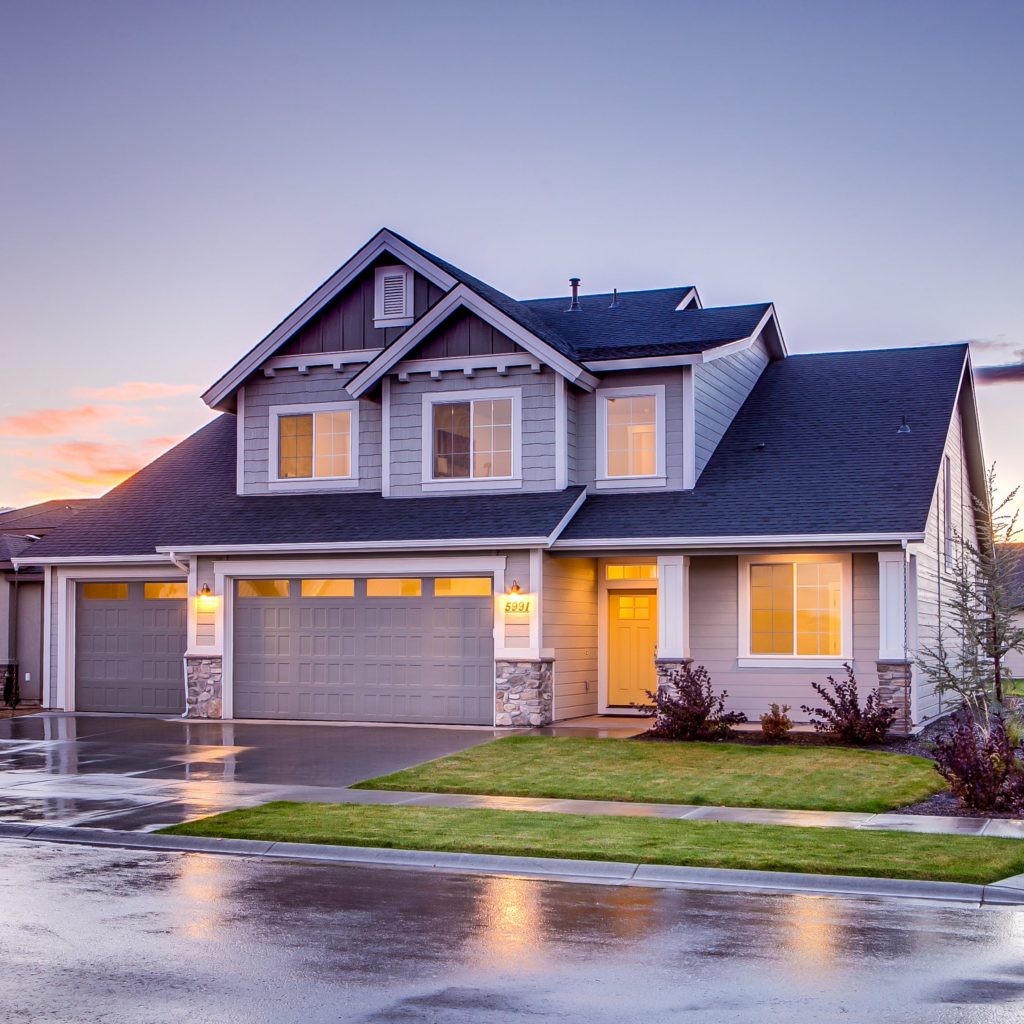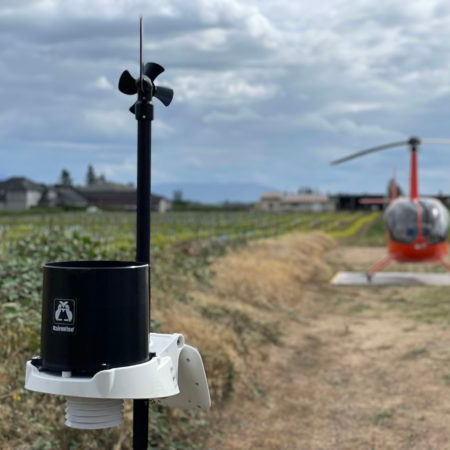At Circuit Solar, we are dedicated to providing high-quality solar equipment to help you harness the power of the sun. Our wide range of products includes solar panels, inverters, batteries, and more. Whether you are looking to go off-grid or reduce your carbon footprint, we have the solutions for you. With Circuit Solar, you can make a sustainable choice for a brighter tomorrow.
Powering Your Future with Solar Energy
Northwest SCADA is now Circuit Solar
Our Solar Equipment Features
Discover the key features that set our solar equipment apart
Welcome to Circuit Solar
Off Grid Solar Products
Discover energy independence with Circuit Solar’s top-tier off-grid solar products. Our range includes high-performance solar panels and battery storage systems, perfect for any home or remote location. Easy to install and environmentally friendly, our solutions help you harness the power of the sun wherever you are. Join us in powering a sustainable future.
Grid Tied Solar Products
Explore the benefits of grid-tied solar solutions with Circuit Solar. Our grid-tied solar products are designed for seamless integration with the public electricity grid, providing a reliable and cost-effective way to reduce energy bills and increase property value.
Recreational Solar Products
Explore the great outdoors with Circuit Solar’s recreational solar products, designed specifically for RVs, boats, van conversions, and bus conversions. Our innovative solar solutions provide reliable power on-the-go, ensuring that your adventures are never limited by access to traditional energy sources.
Weather Intruments
Circuit Solar also offers a premium selection of weather instruments, essential for optimizing the performance of your solar solutions. Our advanced meteorological tools, including solar radiation sensors, wind speed meters, and temperature gauges, are designed to provide accurate environmental data.
Common questions
Here are some of the most common questions that we get.
Installing solar panels can offer significant financial benefits, including a substantial reduction in monthly energy bills since solar power can offset the need for purchased electricity. Additionally, solar installations can increase property values, with studies showing that homes with solar panels often sell at a premium compared to non-solar homes. Moreover, many governments offer tax incentives, rebates, or grants that can reduce the upfront cost of solar systems, enhancing the overall return on investment for homeowners and businesses alike.
Solar panels work by converting sunlight into electricity using photovoltaic (PV) cells. Each PV cell contains layers of semiconductor materials that create an electric field. When sunlight hits these cells, it energizes the electrons in the semiconductor material, causing them to flow and generate direct current (DC) electricity. An inverter then converts this DC into alternating current (AC) electricity, which can be used to power homes and businesses. This process is clean, renewable, and efficient, providing a sustainable alternative to traditional energy sources.
Solar panels are designed to be a long-term investment, typically having a lifespan of 25 to 30 years. Most manufacturers guarantee the efficiency of their solar panels with warranties that often cover performance and equipment for at least 20 years. These warranties ensure that the panels will produce a certain percentage of their rated power output over the warranty period, giving owners peace of mind about their investment.
The cost of a solar panel system varies widely depending on several factors. These include the size of the system (measured in kilowatts), the type and quality of the panels and additional equipment like inverters and batteries, and the complexity of the installation. As of now, prices can range from $15,000 to $30,000 for residential systems before any tax credits or rebates. Location also plays a crucial role; for example, installation costs can be higher in areas with more stringent regulations or challenging roof layouts.
It is entirely feasible for homes and businesses to run on solar power alone, especially with the addition of solar batteries that can store excess power for use during nighttime or cloudy days. The key is designing a system that meets the specific energy needs of the property, considering factors such as local climate, seasonal variations in sunlight, and energy consumption patterns. With the right setup, users can achieve “net zero” energy usage, relying completely on solar energy and even contributing excess electricity back to the grid.
Solar panels require minimal maintenance, which is one of the many benefits of solar energy. The main upkeep involves keeping the panels clean and free of debris, such as leaves or dust, that can block sunlight and reduce efficiency. It is generally recommended to have the panels inspected periodically by a professional to ensure all components are functioning correctly and securely. These simple steps can help maintain optimal performance and extend the lifespan of the solar system.






